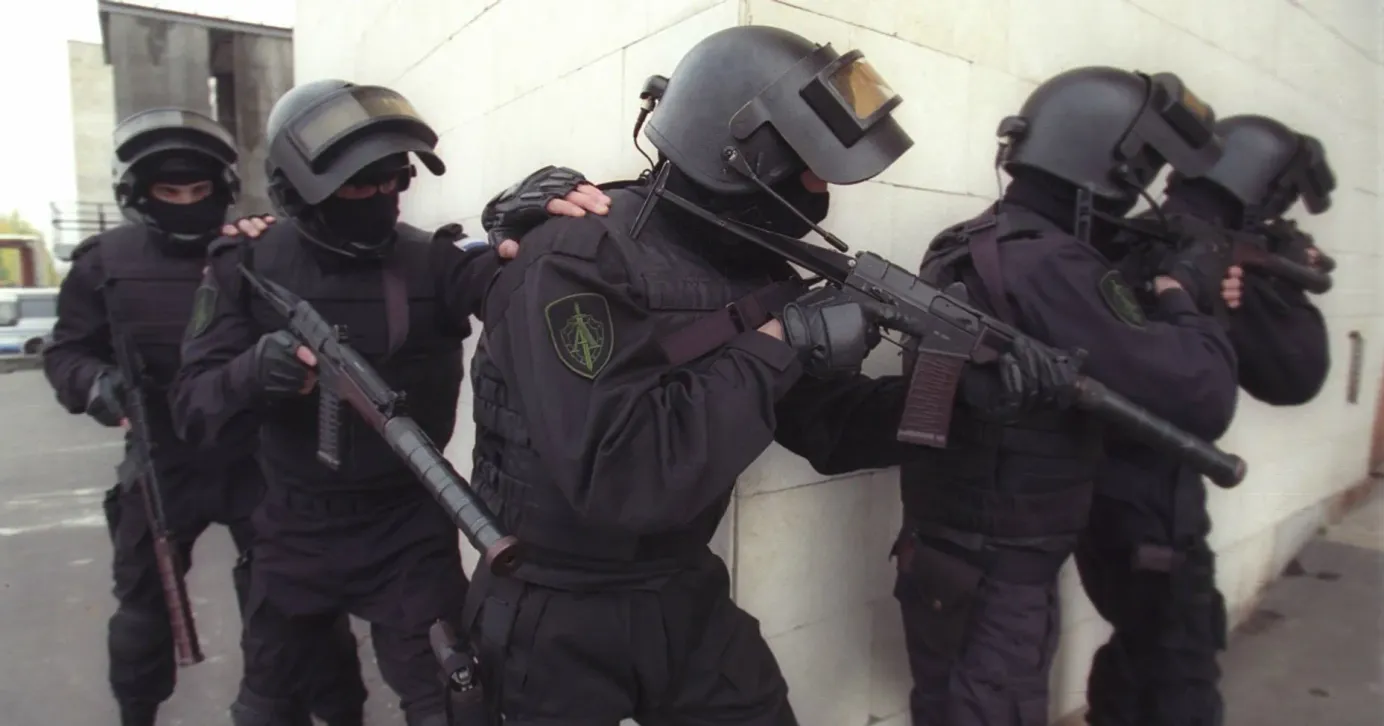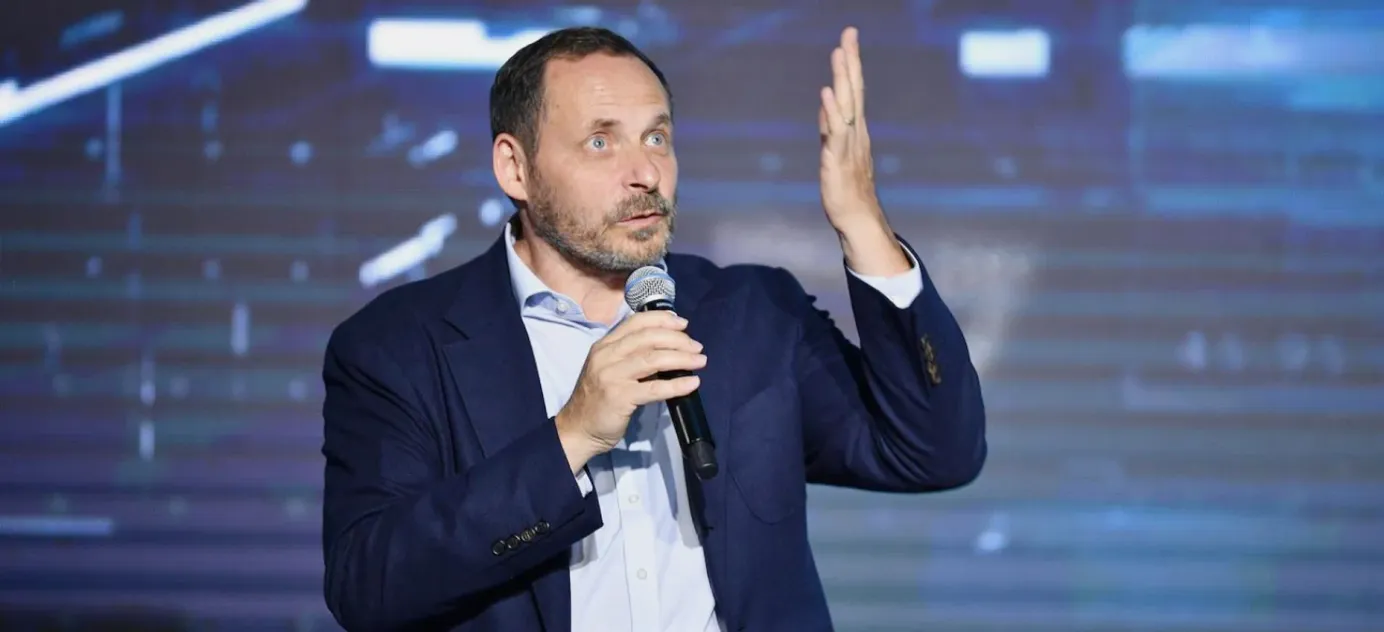
The plot to extort the biggest bribe in Russian history
Russian investigators are currently probing a case related to the biggest attempted bribe in recorded Russian history. FSB officers and officials from the Investigative Committee are said to have fabricated a murder case then tried to use it to extort 15 billion rubles ($200 million) from the alleged suspects, the owners of one of the country’s leading electronics trading companies. The brains behind the plot were the son of an old friend of Vladimir Putin and the business partner of Prime Minister Mikhail Mishustin’s son-in-law.
- The case surrounding the biggest attempted extortion in Russian history began in 2020 when police arrested Oleg Karchev, Vladislav Mangutov and Alexei Abramov — three co-owners of Merlion, one of the leading firms in the Russian household appliance market. The Investigative Committee accused the trio of attempting to murder their former CEO Vyacheslav Simonenko, rather than pay him a $5 million bonus, and apprehended the alleged perpetrator of the hit, a veteran of the war in Donbas. He told investigators that in 2015, the head of Merlion's security staff had ordered him to launch Molotov cocktails at Simonenko's house in an attempt to kill him.
- The businessmen spent six months in detention and were facing up to 20 years behind bars if convicted. While in jail, the security forces used corrupt lawyers to propose a deal: they would drop the case in exchange for 15 billion rubles ($200 million at the exchange rate of the time), and a future cut worth 2% of Merlion’s turnover (about 5 billion rubles) every year.
- The businessmen refused to pay and the case against them soon began to crumble, forcing them to be released. The “war veteran” later admitted there was no arson attack, and that he had been paid for his false testimony. It's not clear how Merlion's owners managed to get their case reviewed while sitting in pre-trial detention — something that takes serious connections.
- It has now become clear from a new investigation that the businessmen fell victim to a gang of two dozen high-ranking law enforcement officials. The case did not just involve Simonenko and the “Donbas veteran,” as he became known in the media. Among those arrested in the subsequent probe included the head of the Investigative Committee in Moscow’s north west district and three FSB officers, one of whom had oversight of Moscow’s courts. A number of corrupt lawyers and former security officers were also involved.
- Several managed to flee to Dubai, including Alexander Nesnov, the state investigator who opened the initial case based on the fabricated evidence. According to lawyers who knew him, Nesnov was typical of a new breed of patriotic yet cynical Russian security official. “In his office, a portrait of Josef Vissarionovich [Stalin] hung prominently, and below was a tin of protein supplement. He endorsed a healthy lifestyle and loved to hit the gym,” wroteMaxim Pashkov, a lawyer who knew him well.
- The real heavyweight on the team was Sergei Romodanovsky, head of the investigative committee branch for north-west Moscow. His superpower was not his position, but his name. His father, Konstantin, served with Vladimir Putin in the 1970s and in the early 2000s was one of several FSB and former KGB officers who hung onto Putin’s coattails as he rose to power. At first, Romodanovsky was one of the main figures fighting against corruption inside the Interior Ministry (an important role for a KGB man: since Soviet times, the Interior Ministry was the biggest rival of the secret police). From 2005-2016, Romodanovsky was in charge of the Federal Migration Service, combating illegal immigration.
- Investigators also identified two more interesting characters among the organizers of the planned scam — father and son team Vitaly and Kirill Kachurov. Vitaly, the father, was a business partner of Prime Minister Mikhail Mishustin’s brother-in-law Alexander Udodov in the early 2000s. Udodov’s business flourished after Mishustin became head of the government. His son, Kirill, worked as an investigator before quitting to become a lawyer — a common career path for a so-called fixer, who serves as an intermediary between corrupt security forces, criminals and their victims.
Why the world should care
The war has accelerated the redistribution of resources and influence among Russia’s elite. It’s entirely possible that this process undermined the calculations of these once influential officers and their fixers, devaluing their connections and leaving them vulnerable to arrest as the fabricated case fell apart.




